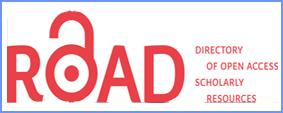Islamism in South Sulawesi: Studies on the Activism of PKS and Hizb Tahrir Indonesia
Abstract
Partai Keadilan Sosial (PKS) and Hizb ut- Tahrir Indonesia (HTI) are two Islamic political movements in Indonesia with controversies and political sensations. In terms of organization, the two movements have a strong emotional connection historically and ideologically. Both are of transnational Islamic based movements, although in the end they perform their roles in different domains: PKS works at the level of intra- parliamentary with a formal political party label while HTI works in the region of extra-parliamentary and is labeled as a non-formal organizational movement. HTI, which rejects democratic system, turns out to enjoy Indonesian democracy as "a political blessing." HTI strongly criticizes the system of democracy in Indonesia as they genuinely support the concept of Caliphate but they in fact are free to move, to speak and to campaign because Indonesia follows the system of democracy. Although on the surface PKS is not as solid as HTI in holding up the idea of Islamic state/caliphate, many observers consider that PKS still make use of democracy to lead to the formation of an Islamic state. The presence of this kind of political Islam cannot be separated from the conditions of the crisis befalling Muslims, both the crisis of religious significance and structural crisis (political and socio- economic). For this reason, the Islamic movements often step forward to offer a variety of national solutions in accordance to their respective ideology.




.png)









